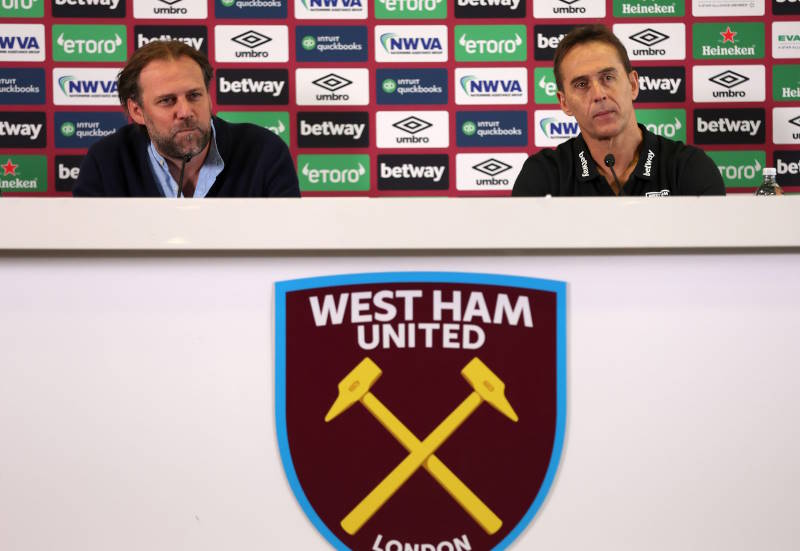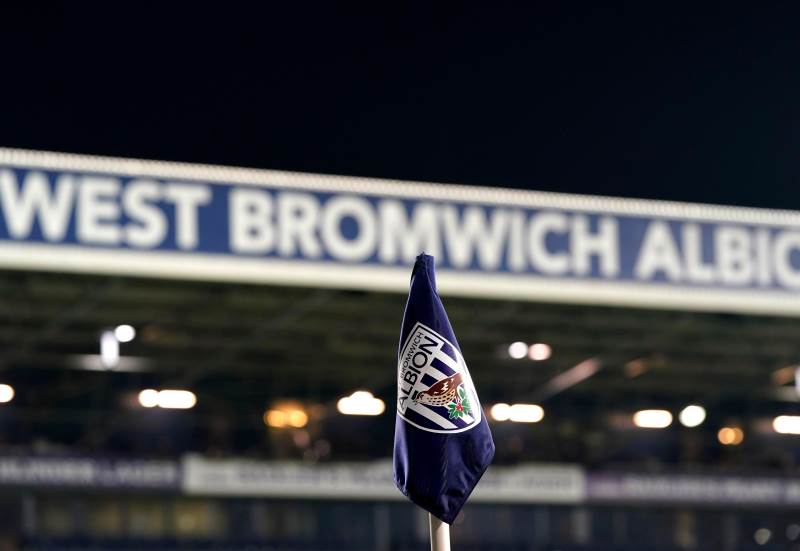
Ian Palmer
It seems that you can’t please everybody all of the time.
After an exciting MLS Cup final in Seattle, Washington, where Real Salt Lake edged the Los Angeles Galaxy in a penalty shoot-out, there are some football fans who aren’t happy. It seems they’re upset that a team like Real, who had an 11-12-7 won-lost-drawn record, and lost more games than they won during the season, could win the title or even have the opportunity to win it.
In North America, a team that wins the same amount of games as it loses is called a 500 team. For example, 15 wins and 15 losses is considered to be 500. A team that loses more games than it wins is known as below 500. It’s basically a term that means you win half of your games and the 500 represents 50 per cent.
In every North American professional sports league I can think of, a playoff system is used. This is where the top teams in a league advance to post season play for a chance at winning the league championship. The playoffs are a brand new season. And whether you were top of the league or just snuck into the playoffs on the last day of the campaign, everybody is on equal footing and has the same chance of winning.
It’s a system that has benefits and drawbacks to it, but just about everything about it is a positive, especially when you’re trying to promote a relatively new league and sport the way Major League Soccer is.
 The playoff system gives more teams the opportunity to succeed, which means the fans stay interested until their team is mathematically eliminated from the playoffs. The obvious benefit to this is that supporters will continue to buy tickets throughout the season. There’s nothing worse than supporting a team that is so dreadful and far back from top spot that the matches become meaningless after just a dozen games.
The playoff system gives more teams the opportunity to succeed, which means the fans stay interested until their team is mathematically eliminated from the playoffs. The obvious benefit to this is that supporters will continue to buy tickets throughout the season. There’s nothing worse than supporting a team that is so dreadful and far back from top spot that the matches become meaningless after just a dozen games.
The playoff system generates more excitement in a variety of cities as it gives numerous teams a chance to play for the cup. In theory, all 15 MLS teams are in the hunt for playoff spots until they’re eliminated mathematically. This season there were only 10 points separating the top 12 MLS teams. Salt Lake made the playoffs on the last day with 40 points, while D.C. United and Colorado with 40 points each and Toronto and Dallas with 39 points were eliminated on the last day.
This means the season came down to the final game for five different teams and the fans in those cities filled the stadiums or glued themselves to their television sets literally until the last second. Where’s the excitement in a league that’s decided months before the season finale?
From a marketing and advertising standpoint, keeping the fans’ interest is exactly what you want to do to promote your product. And that’s the major benefit of a playoff system. Of course, if you allow too many teams into the playoffs, the product becomes watered down and once the post season starts there are a lot of uncompetitive games. Finding the right balance can be tricky for a sports league, but it seems the MLS system of eight playoff teams out of 15 has worked exactly to plan.
A playoff system isn’t really much different than a competition such as the English FA Cup anyway when it comes to sub-500 teams winning a championship. In theory, any team in the country can lift the trophy no matter how bad they are and their position in the league. Just look at the excitement a lower division team or non-league club generates throughout the land when they have an opportunity to knock off one of football’s giants. It usually grips the whole nation.
While pleasing the fans is a major goal of all sports leagues, the bottom line is they need to make money to survive. The playoff system has proven that it doesn’t, and shouldn’t matter how many wins a team has when it comes to winning a championship. Any team is capable of providing the fans with an exciting cup final. Real Salt Lake is proof of that.
If there’s a better alternative to the system, I’d sure like to hear it.
Latest Features:
- – Sevilla: Serious Champions League Contenders?
- – Is Planet Football Beginning to Level Out?
- – Premier League Remains Foreign Investment Haven













